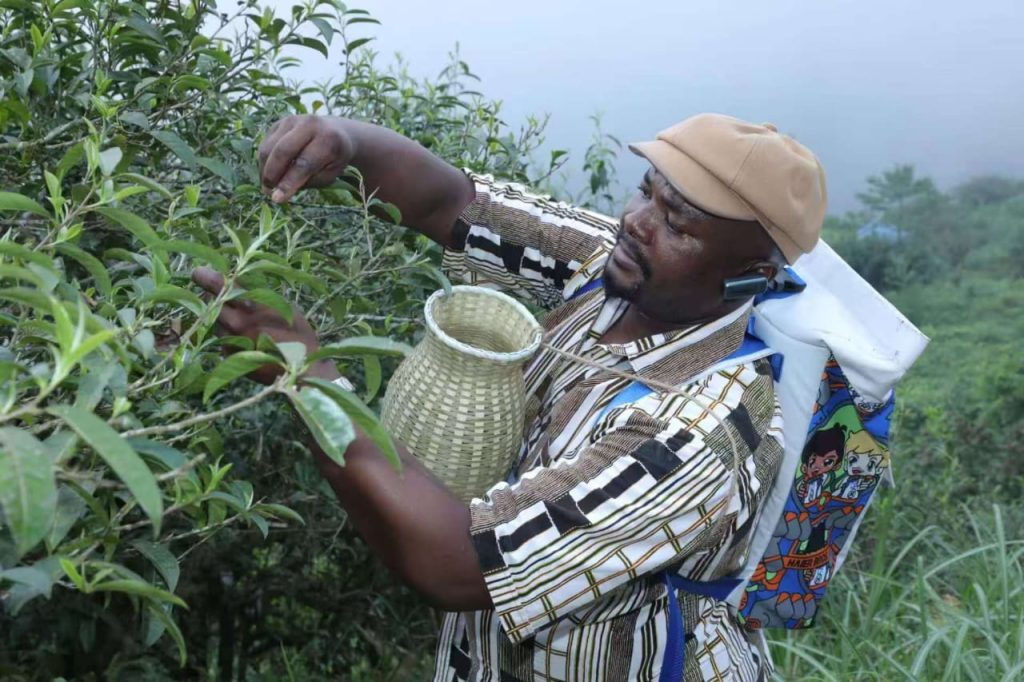Kunming, (SONNA): China’s Yunnan Province has become a flagship for integrated rural revitalization over the past decade, demonstrating how precise targeting, robust infrastructure, diversified industries, digital inclusion, and public–private partnerships can lift communities out of poverty without sacrificing cultural heritage. By conducting exhaustive, village-level assessments, local authorities identified each family’s unique needs in health, education, housing, and livelihoods, and then provided comprehensive “Five-Heart” support—stable housing, employment services, social welfare, income guarantees, and ongoing monitoring—to more than 1.5 million relocated residents, ensuring sustainable progress and preventing relapse.
This approach has been complemented by dramatic improvements in connectivity and public services: more than 1.4 million kilometers of rural roads link remote villages to markets and essential services, modern sanitation now reaches nearly 97 percent of households, and solar-powered pumping solutions secure reliable water supplies even in highland hamlets. Meanwhile, Yunnan’s economy has diversified around its traditional strengths in specialty agriculture and new ventures in aquaculture and agro-tourism.
The Malipo Sunwah Tea Factory, for instance, processes sixty tons of tea annually, creating employment for eight thousand people and branding its blends under the evocative name “International Friendship Tea.” Across the province in Pu’er and southern prefectures, Arabica coffee production now accounts for ninety-five percent of China’s output, attracting investment from global brands and building local expertise.

In Manpeng Xinzhai Village, members of the Miao community don their vibrant traditional dress not as museum pieces but as protagonists in live-streamed e-commerce sessions that bring handcrafted embroidery, honey, and organic fruit directly to urban consumers. Generating 28.3 million yuan in 2024 and raising the incomes of more than five hundred families, this “Party Building plus E-Commerce” model has shown that tradition and technology can reinforce each other rather than compete for attention.
Supported by a livestreaming incubator at Honghe College, sixty-five rural influencers have already emerged, with plans to expand the program to two hundred participants this year.
Technology-driven circular-economy initiatives have further multiplied local earnings. Shijing Agriculture Company’s AI-powered app advises farmers on land management, processes their corn into animal feed, and then converts cattle dung into organic fertilizer, creating a closed-loop system that both raises productivity and spreads revenue across the community. Young university graduates from the region now assume roles as technicians and managers, forging new career paths and strengthening the local labor market.
At the heart of Yunnan’s success is an inclusive governance philosophy that treats ethnic minority communities—Miao, Yao, Zhuang—not as passive beneficiaries but as active partners in policy design. Their representatives sit alongside officials in consultative forums, ensuring that each initiative responds to real aspirations rather than top-down assumptions.
The Ministry of Foreign Affairs, too, has played an instrumental role by brokering collaborations with multinational corporations such as Intel and Adidas, channeling resources into rural schools, vocational training programs, and community prosperity schemes.
Yunnan’s transformation offers a powerful blueprint for Somalia, where more than sixty-five percent of the rural population lives in poverty and vital services remain scarce. By adapting Yunnan’s model—beginning with household-level surveys to map deprivations, followed by targeted infrastructure investments in roads, water, and energy, and by nurturing value-added agricultural and aquaculture industries—Somalia can create new livelihood opportunities while preserving its diverse cultural traditions.





